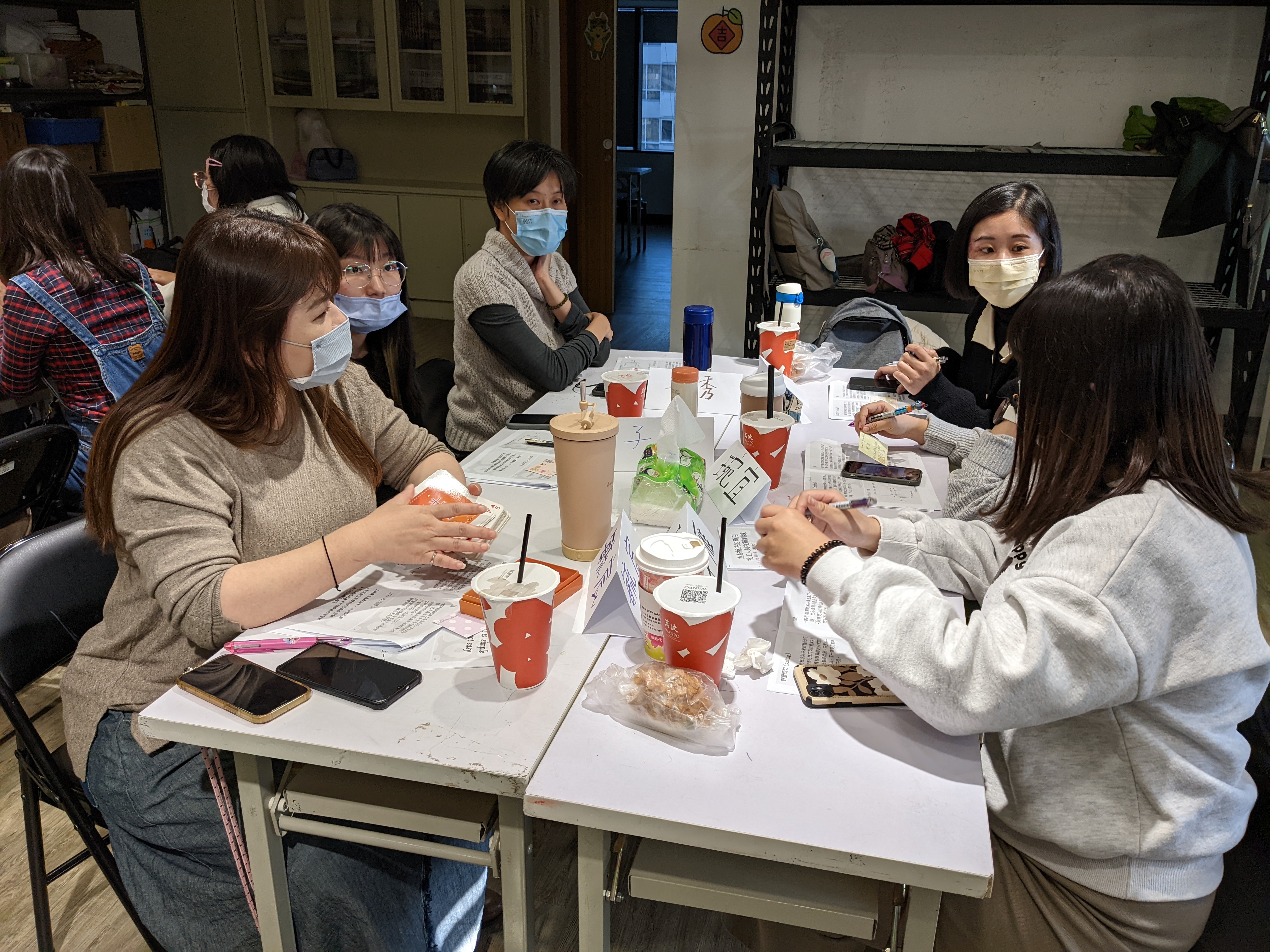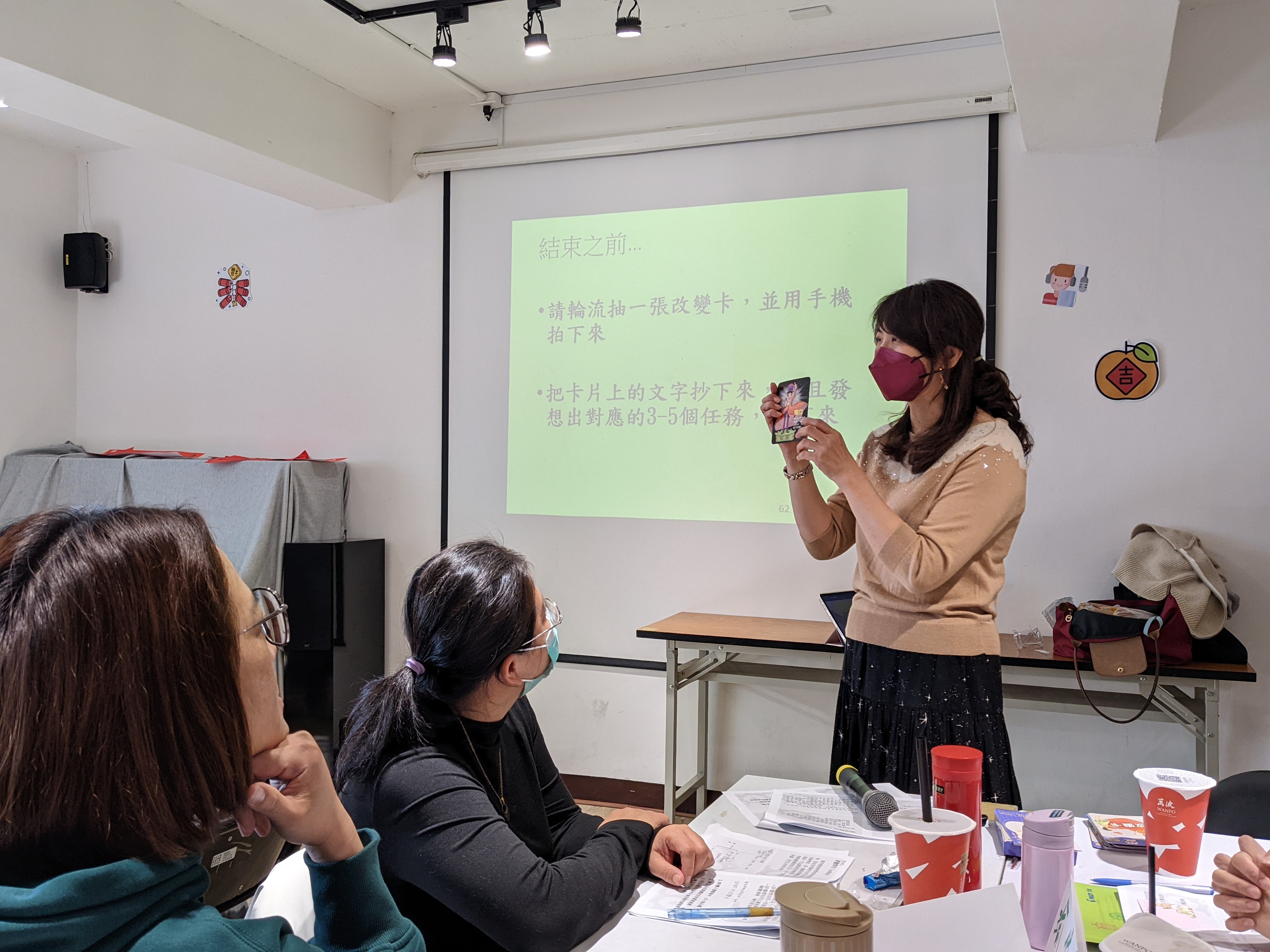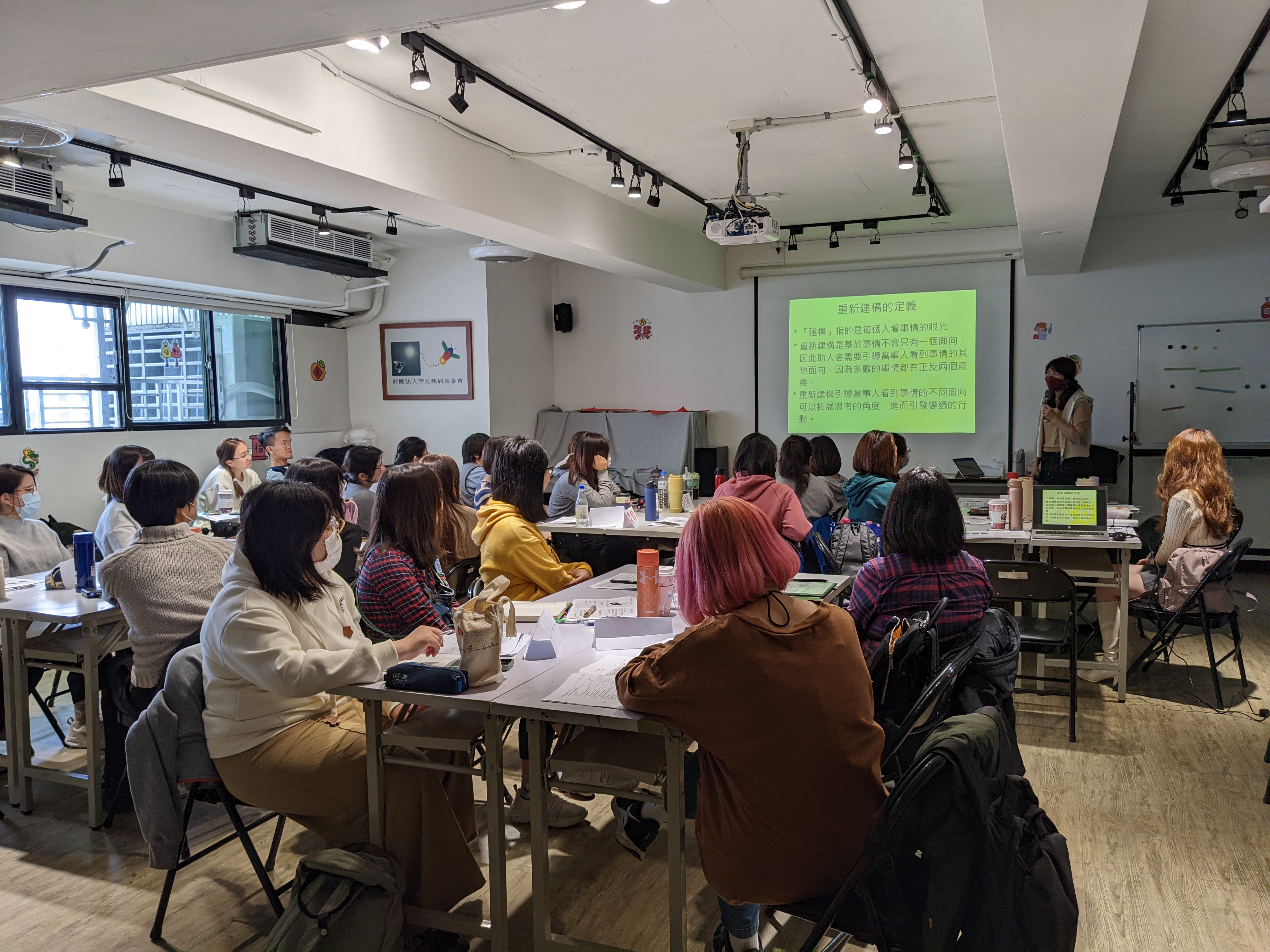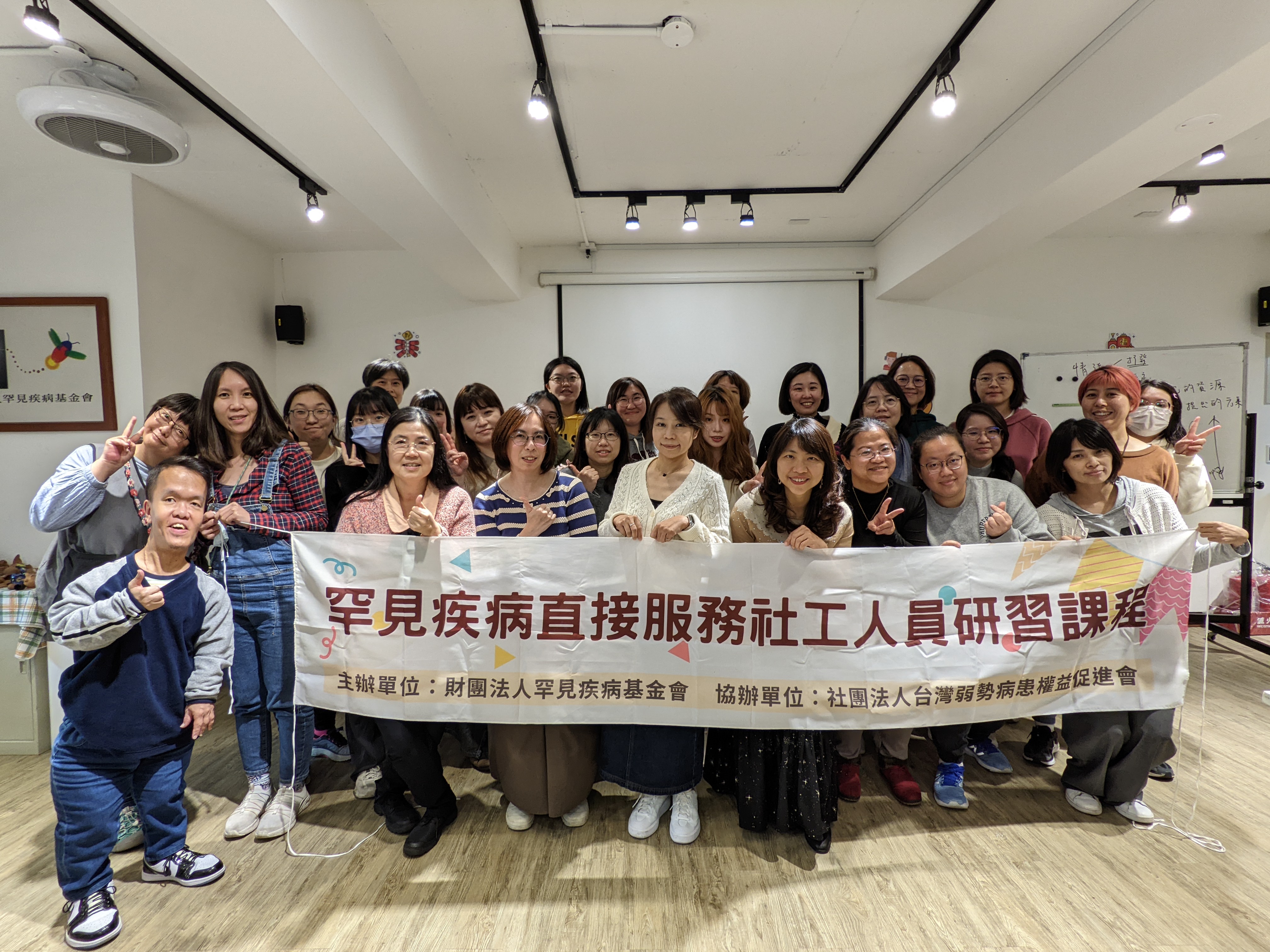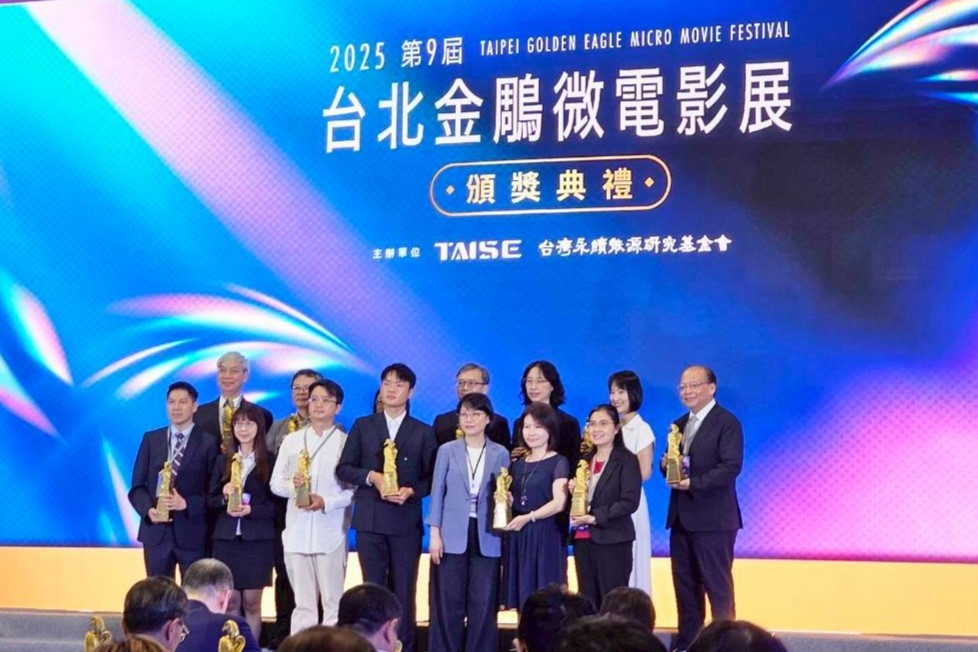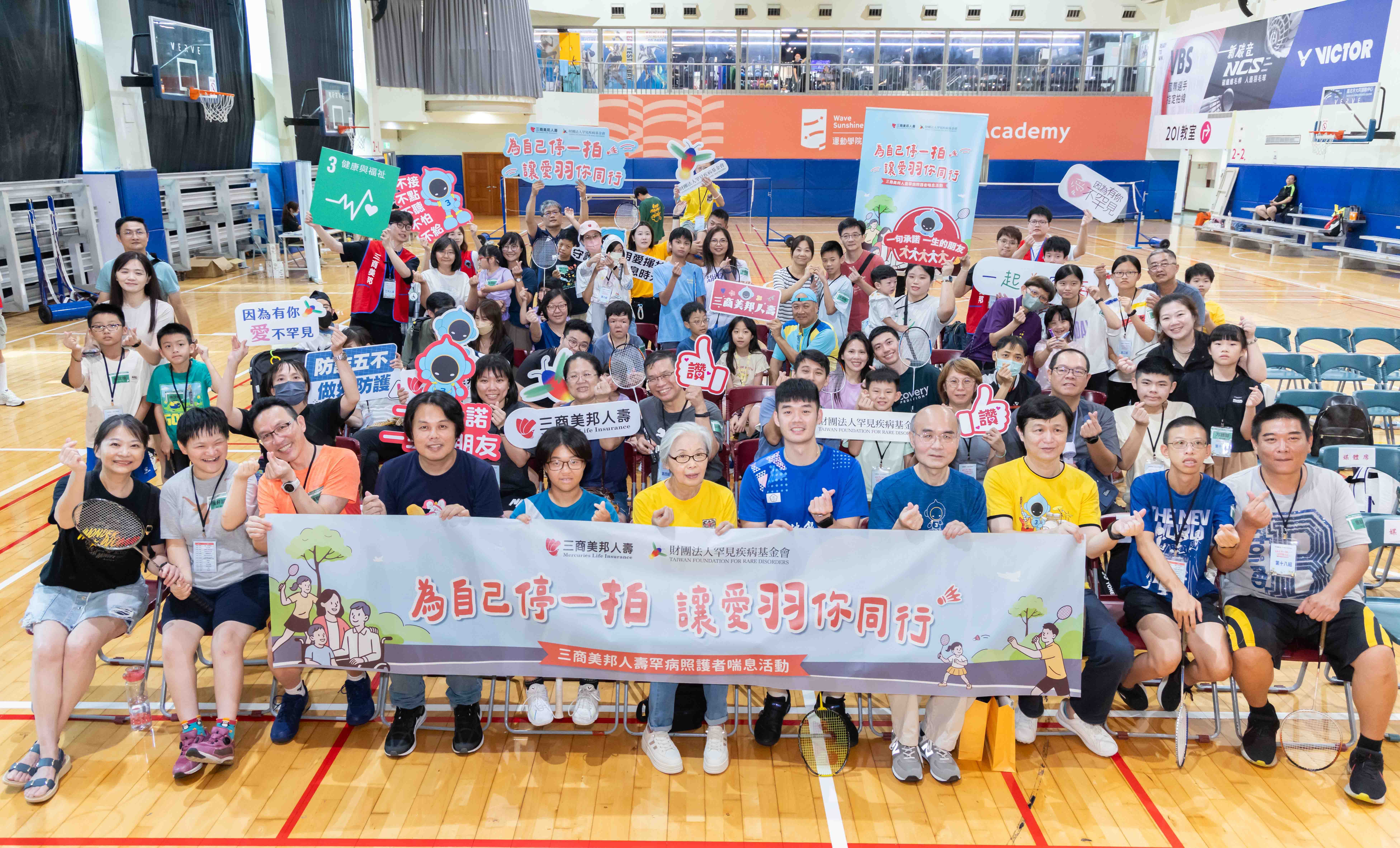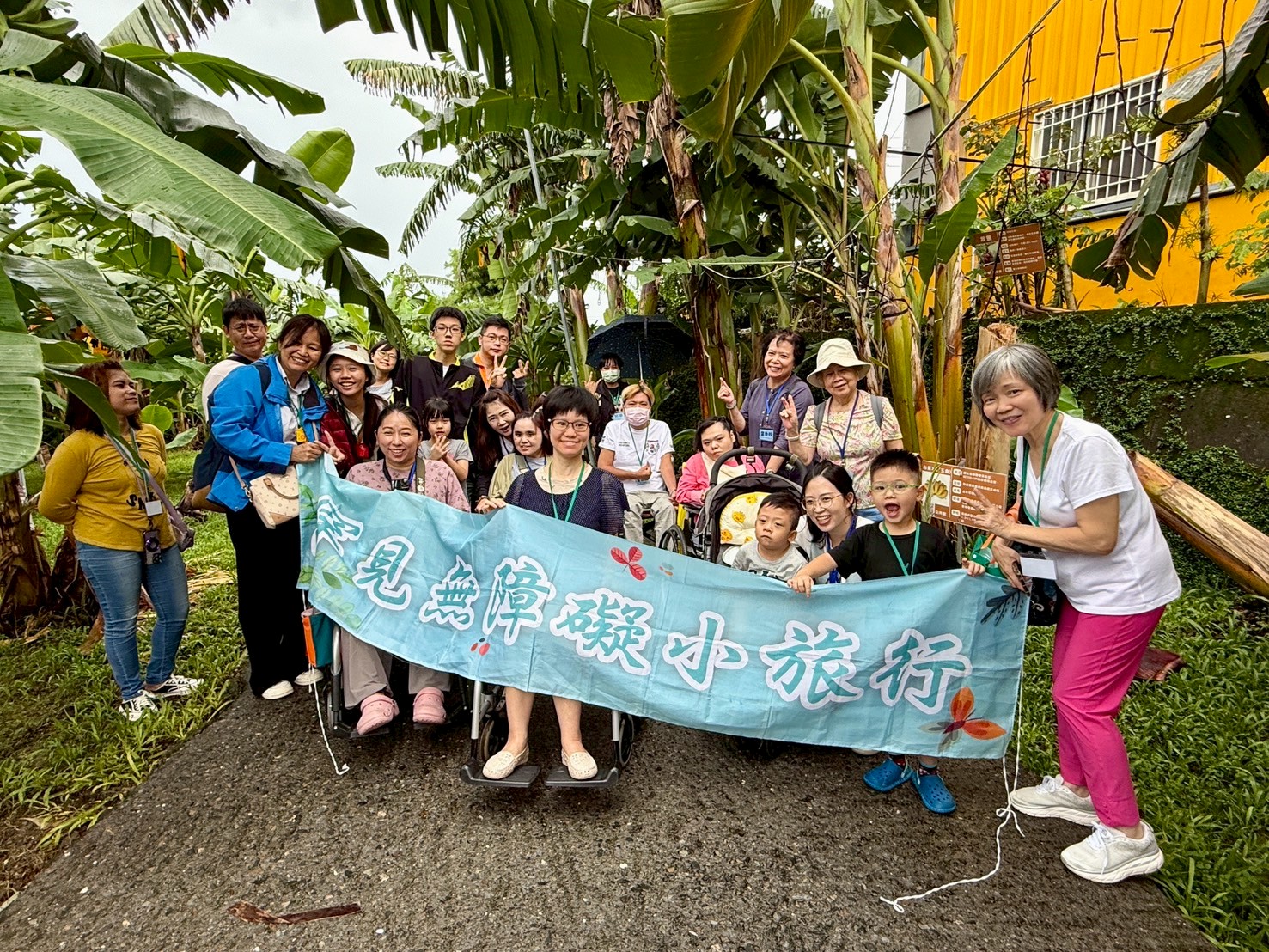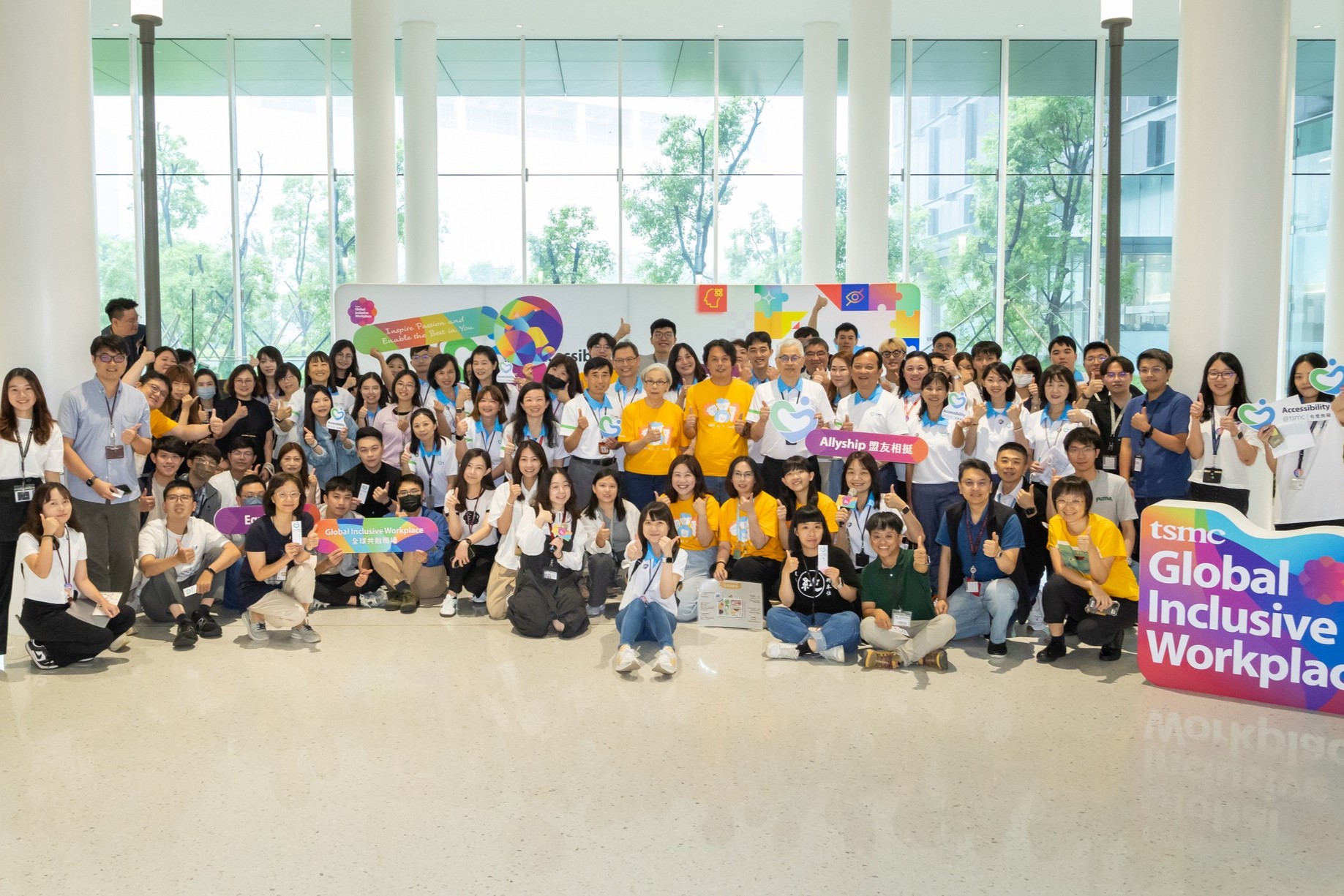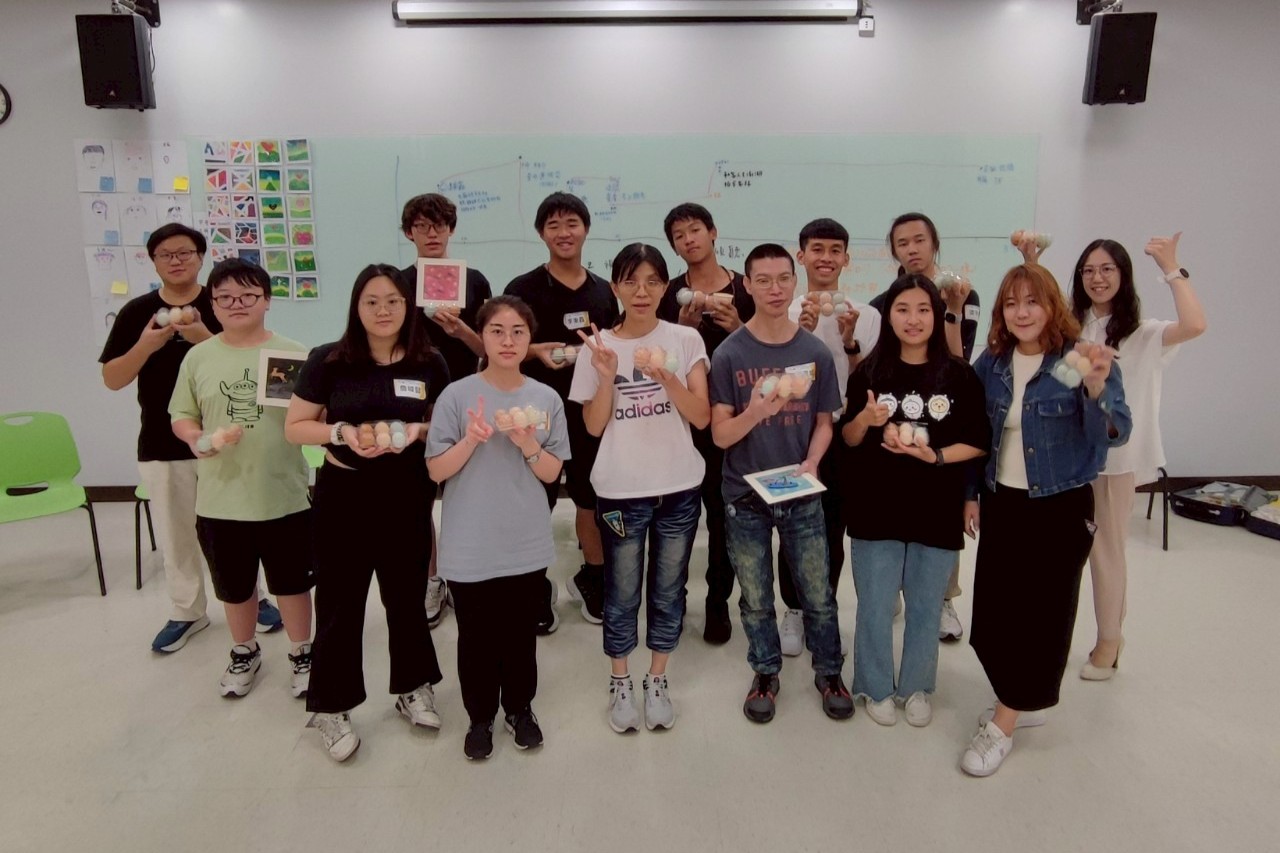News
Training Course for Direct Service Staff
TFRD organized the 2024 Training Course for Direct Service Staff of Rare Disease Patient Groups on February 16, February 23 and March 8. Besides TFRD's direct service social workers and medical service specialists, the course is also open to professional staff serving in the associations related to rare disease patients, with a total of 30 trainees.
This course invited Yi-Wen Chen, an experienced counseling psychologist, to be the instructor and lead the trainees to learn about Solution-Focused Brief Therapy (SFBT), including the concepts, frameworks, goals and practical examples of SFBT techniques.
Sharing by Trainees
By Janet Li (Genetic counselor)
After three sessions, I came to realize that there are so many similarities between the SFBT approach and the state of mind that I have experienced during my five years of TFRD service during ups and downs, as well as the personal approach that I have developed after refining the best of what I have learned! When I first began assisting individuals, my primary focus was on genetic counseling. Initially, I concentrated on discussing the issues of each case, eager to provide accurate and timely information. However, this approach often led to complaints, highlighting deficiencies, or reaching stalemates, which exacerbated feelings of helplessness. Over time, I learned to shift the focus of these conversations towards problem-solving. Despite the fact that the situations faced by many families with rare diseases are difficult to change, I guided them to recognize their own resources and strengths by encouraging them to explore the possibilities within their challenges. This shift not only enhanced the quality of our discussions but also helped to alleviate the anxiety of the individuals involved.
On-the-job training for direct service staff was organized with the aim of enabling participants to apply their acquired knowledge in practical settings. Additionally, we encourage our partners in rare disease services to continually pursue learning and improve the quality of their offerings. This ensures they can provide robust support and companionship to families affected by rare diseases as they navigate various life challenges.
Translator: David Lee (Becker Muscular Dystrophy)

